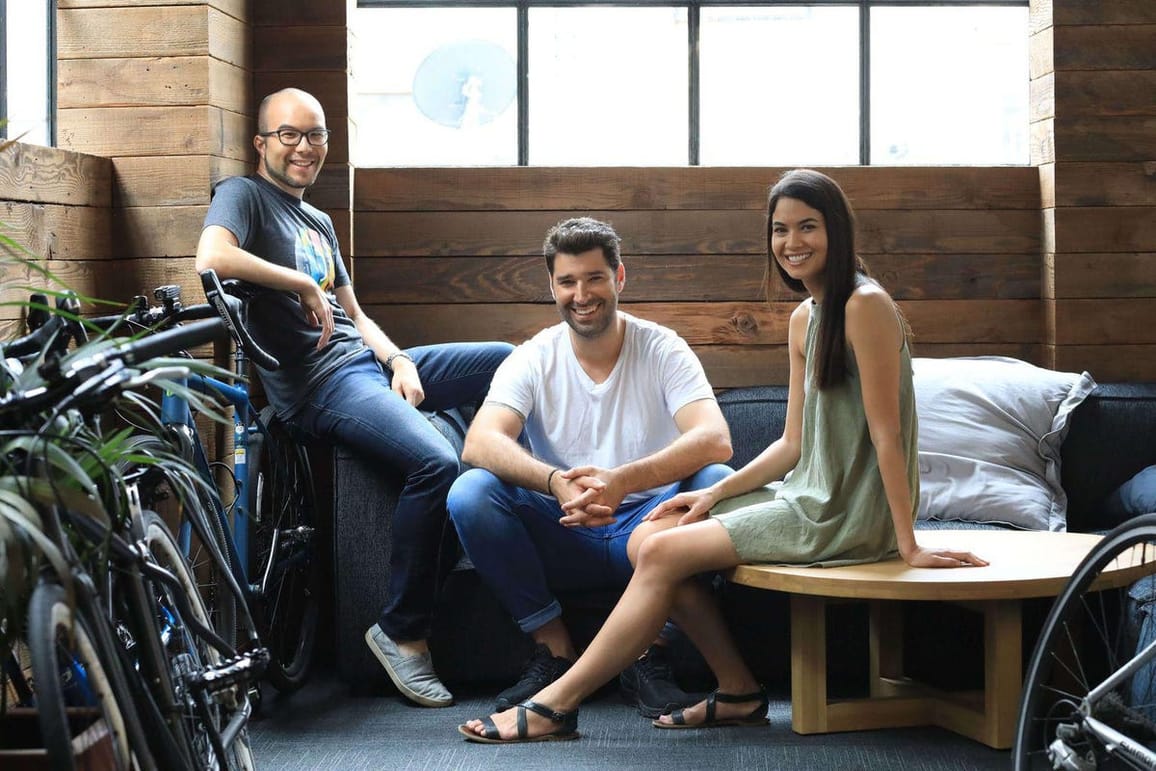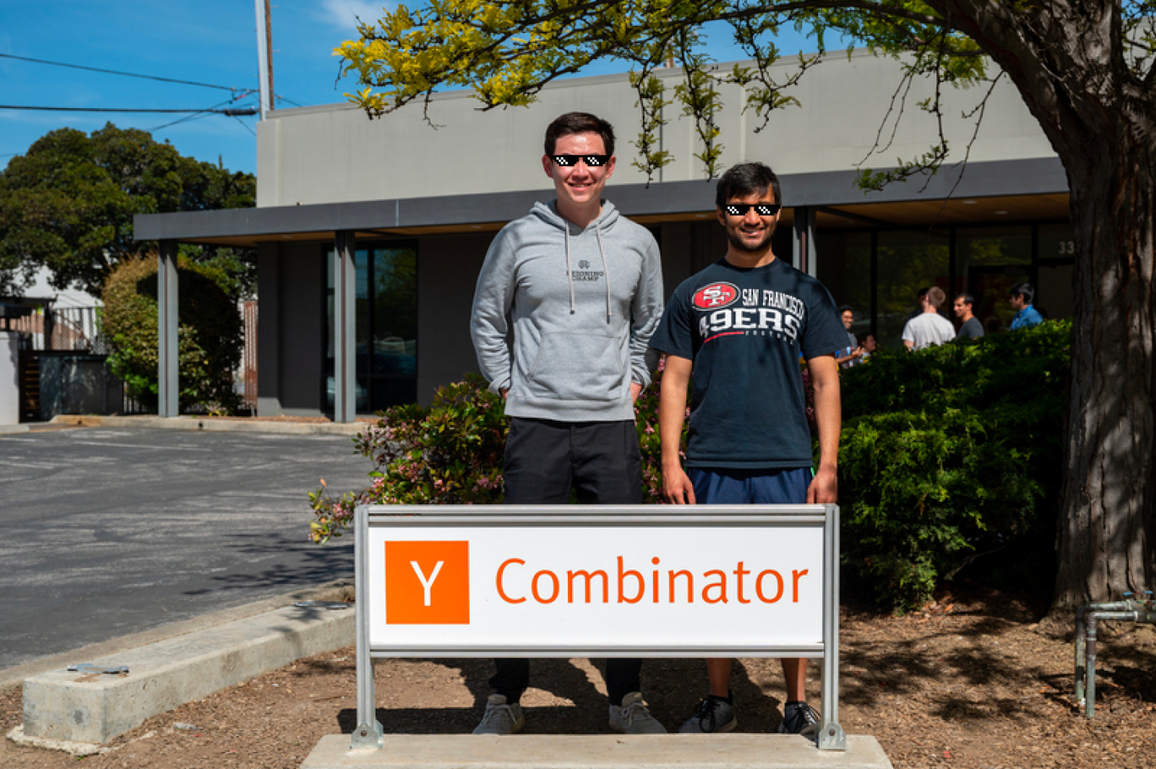Canva: Design engine of the world

Few months ago, Canva raised $200M at a of $40B valuation, making it one of the world's most valuable startups.

In just 8 years, Canva went from being rejected by 100 investors to the design engine of the world used by 60 million users every month and with a $1 billion annual revenue.
Core Problem
👋 Design tools are hard to master average person.
👋 Requires additional purchases for stock images and layouts
👋 Photo editing tools are expensive ( Adobe PS used to cost $1200 )
In short words, All the Pro graphics folks had Adobe, and there was nothing for a regular joe.
That's where exactly Canva started its product journey.
Slowly and steadily, Canva builds each future one after another based on the user feedback. They knew if they could create a product that an average person could use, they could scale it up.
Orgin
▪️ Canva believed in freemium pricing with a micropayment revenue model - commission from in-platform stock images and layouts purchases.
▪️ They provided an inbuild search tool and gallery to find a stock image within the platform.
▪️ Canva saw their product as a cloud-first platform with a strong emphasis on collaboration.
Online editing used to be a fragmented painful market; Canva slowly aggregated all tools and created a product that united key industry players under a single platform.
With its world-class product and community, the canvas was able to.
🔹 Create a superb marketplace of stock images and layout generated revenue for artists and designers
🔹 Design agencies were able to fast track their design and client feedback cycle
🔹 Canva created a direct print feature in collaboration with print shops which generate revenue for both Canva and local SMBs
Current story
Today, Canva users create 120 designs every second.
🔸 Once shot down by 100+ investors, Now the canvas is the 5th most valued startup in the world
🔸 Canva achieved profitability and has no plan for a quick exit ( no IPO plans )
🔸 It is forcing industry leaders like Adobe to build a product for the non-pro userbase, which undoubtedly will be a tough road for Adobe.
🔸 Its founder Melanie Perkins and Cliff Obrecht plan to give most of their equity to charity.
A personal note to Melanie Perkins and Cliff Obrecht: Kudos and best wishes for all your success. Keep being a role model to me and thousand others :


